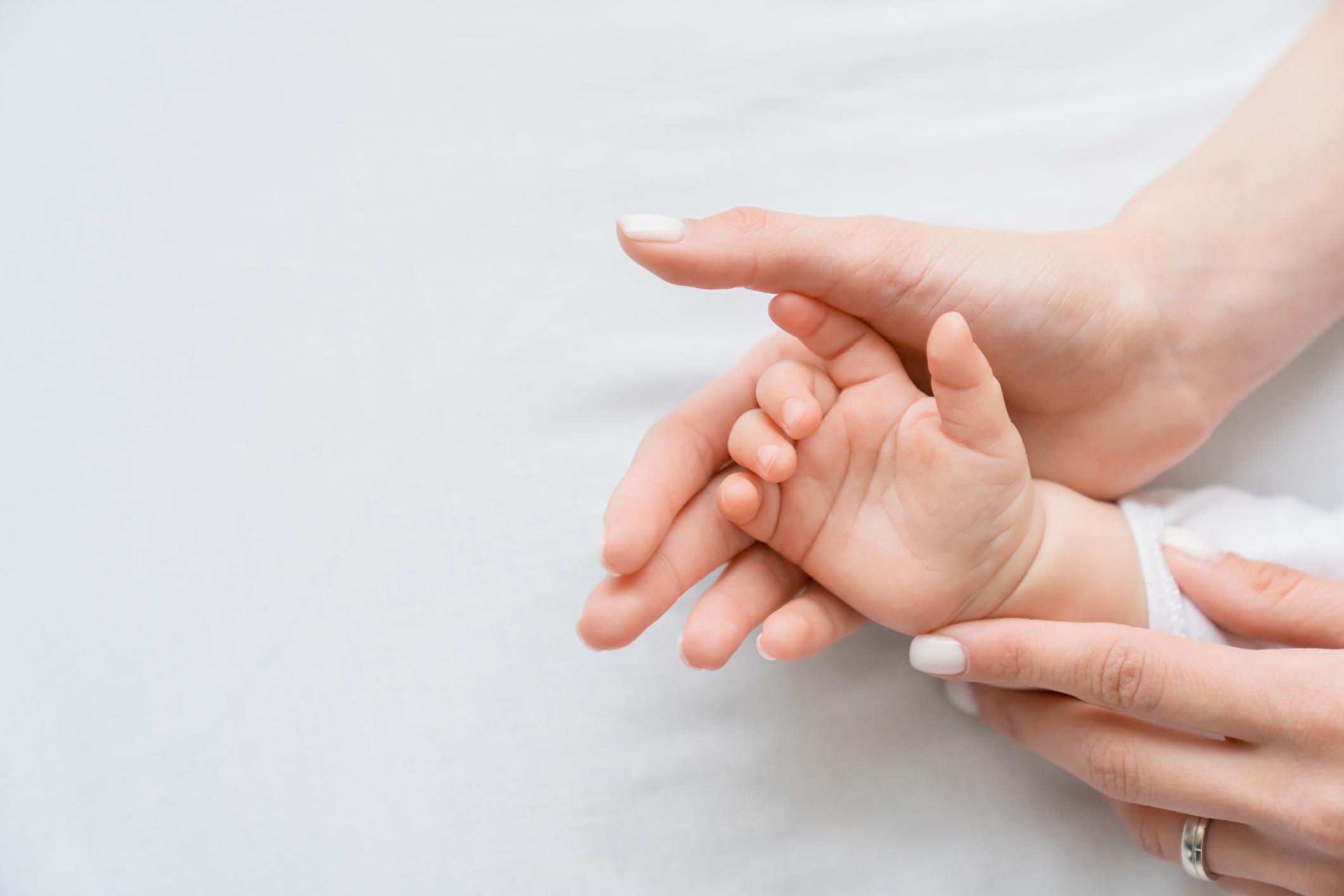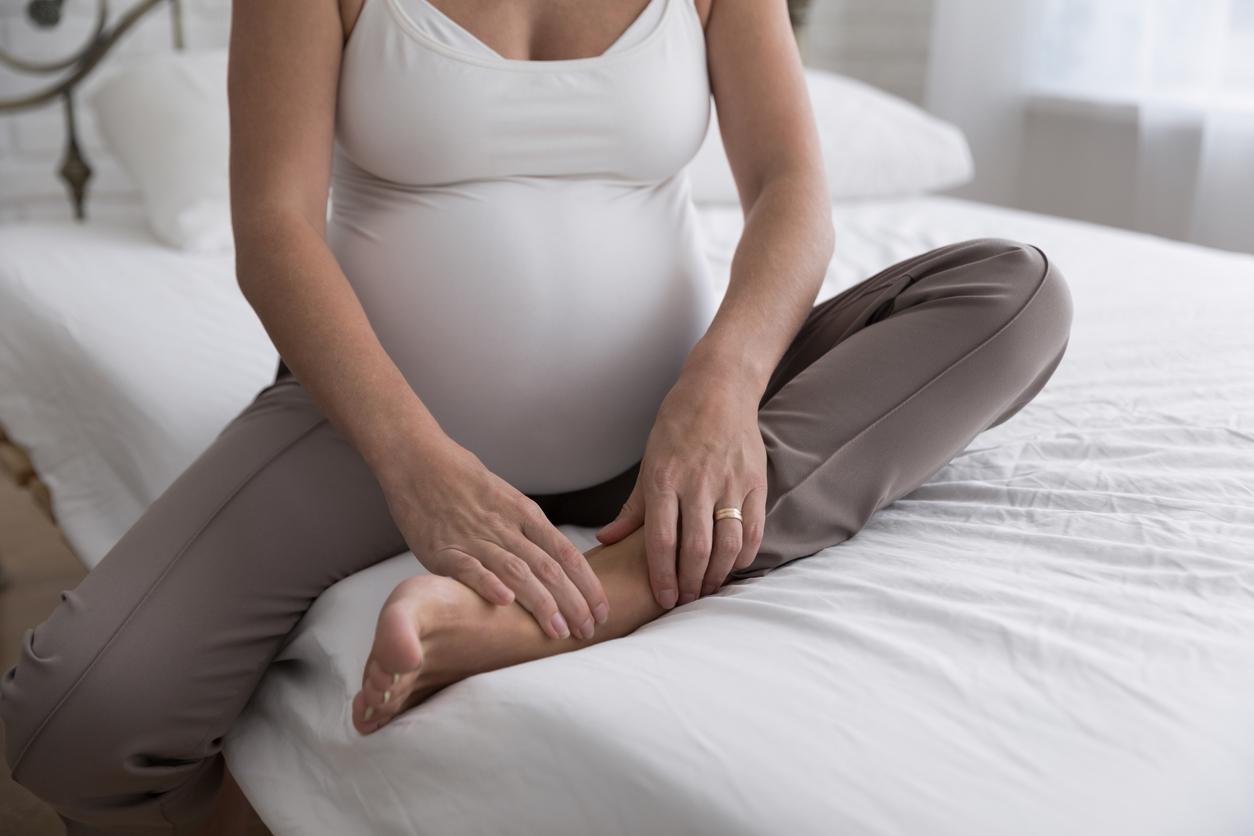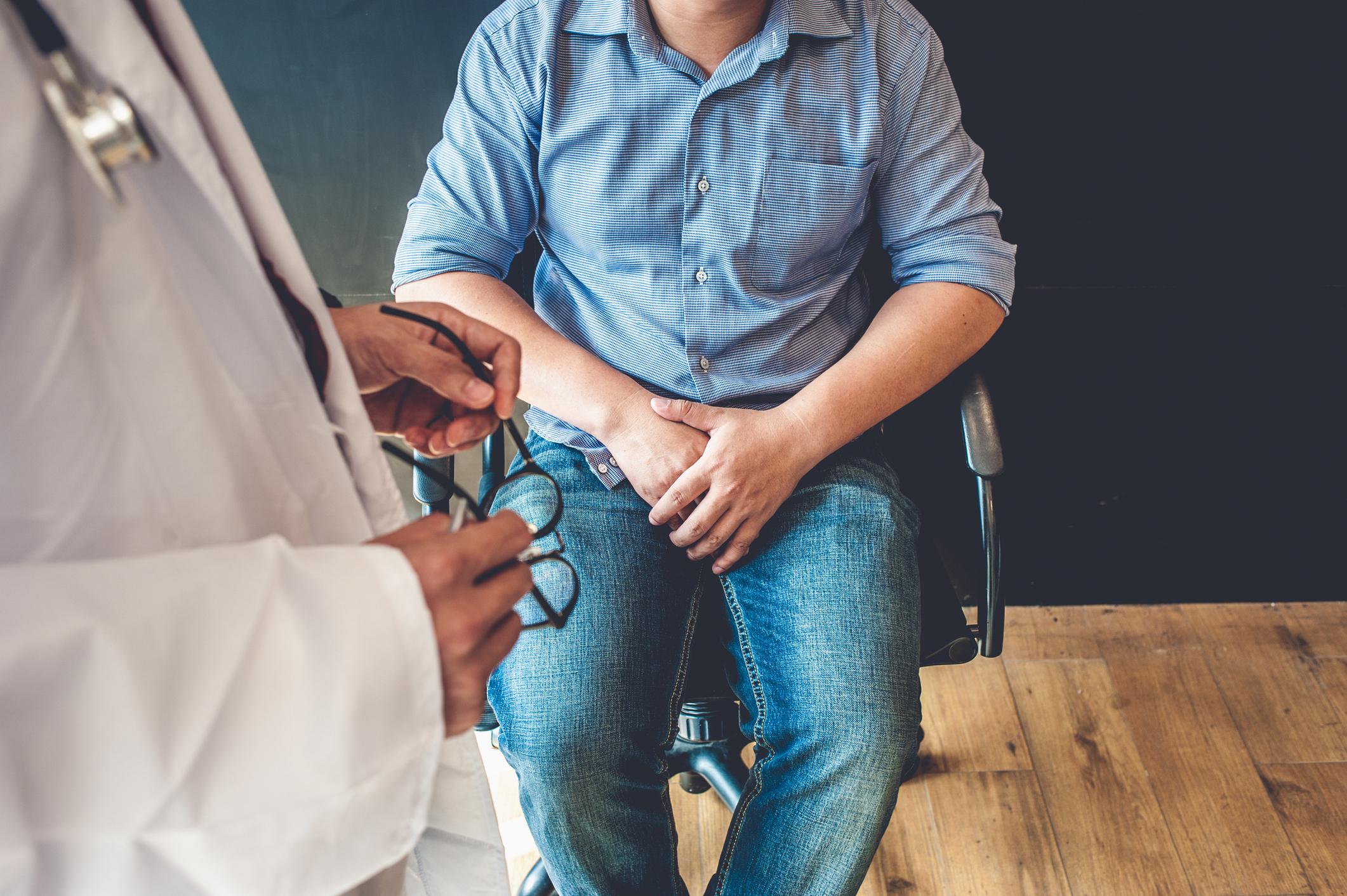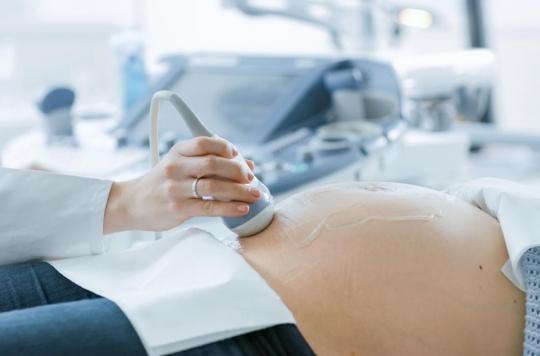The Secretary of State for Equality between Women and Men confirmed the inclusion of the PMA for all in the law in 2018. The end of a long soap opera.

Appointment is made. In 2018, medically assisted procreation (MAP) will be open to all women. Marlène Schiappa, Secretary of State for Equality between Women and Men, confirmed this on September 12, on BFM TV.
This development will take place within the framework of the revision of the law on bioethics. PMA for all was long overdue. This announcement therefore marks the end of a long consultation process. And the women concerned were waiting for Emmanuel Macron at the turn.
Discreet on the subject, the president declared himself in favor of such a legal development in the past. “My personal conviction is that we must extend the PMA, in the name of equality between men and women and the right to access to a medical service”, he declared during his campaign. While leaving the National Consultative Ethics Committee (CCNE) the necessary space for its reflection.
The end of hypocrisy
Shortly after this declaration, CCNE delivered its conclusions on assisted reproduction. A document expected since 2013. Published four years late, it at least has the merit of being clear. Medically assisted procreation should be made available to homosexual and single women. One question remains unanswered: that of taking charge of the act and the follow-up it imposes. A question to which Marlène Schiappa did not answer.
It is moreover a vagueness which persists in the numerous interventions which have arisen since the submission of the CCNE on the file. In March 2016, 130 doctors signed a manifesto calling for an end to hypocrisy. At the time of writing, only heterosexual couples can benefit from assisted reproduction.
Gynecologists are getting impatient and calling for the “end of the inconsistencies in the policy of assisted procreation”. In fact, many single or homosexual women cross the Spanish or British border in order to conceive. But the handling of these requests is not discussed.
The question of reimbursement
The High Council for Equality between Women and Men (HCEfh) is doing better. Author of a notice dated july 2015, it evokes a double discrimination. Cost is cited as a source of inequality, as current law requires women to cross the border.
In order to guarantee social equality, the HCE decides in favor of “the alignment of the mode of reimbursement by social security of the costs generated by the LDCs”. In other words, that the Health Insurance reimburses the acts until the 43e anniversary, at the rate of one artificial insemination per cycle and with two limits: no more than six inseminations and four attempts at in vitro fertilization.
But adopting this strategy would mean applying all the provisions. Since November 2015, the hours of absence linked to medical appointments will also be covered by the employer.
>> READ ALSO: Our long format dedicated to assisted reproduction in France
.

















